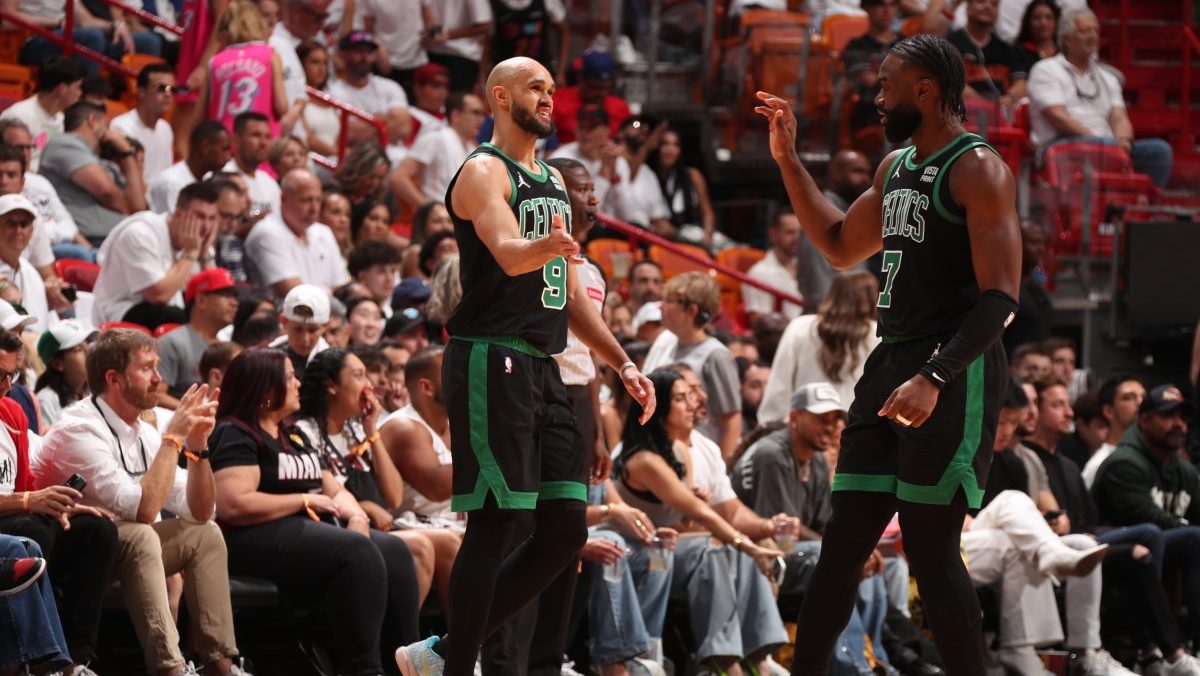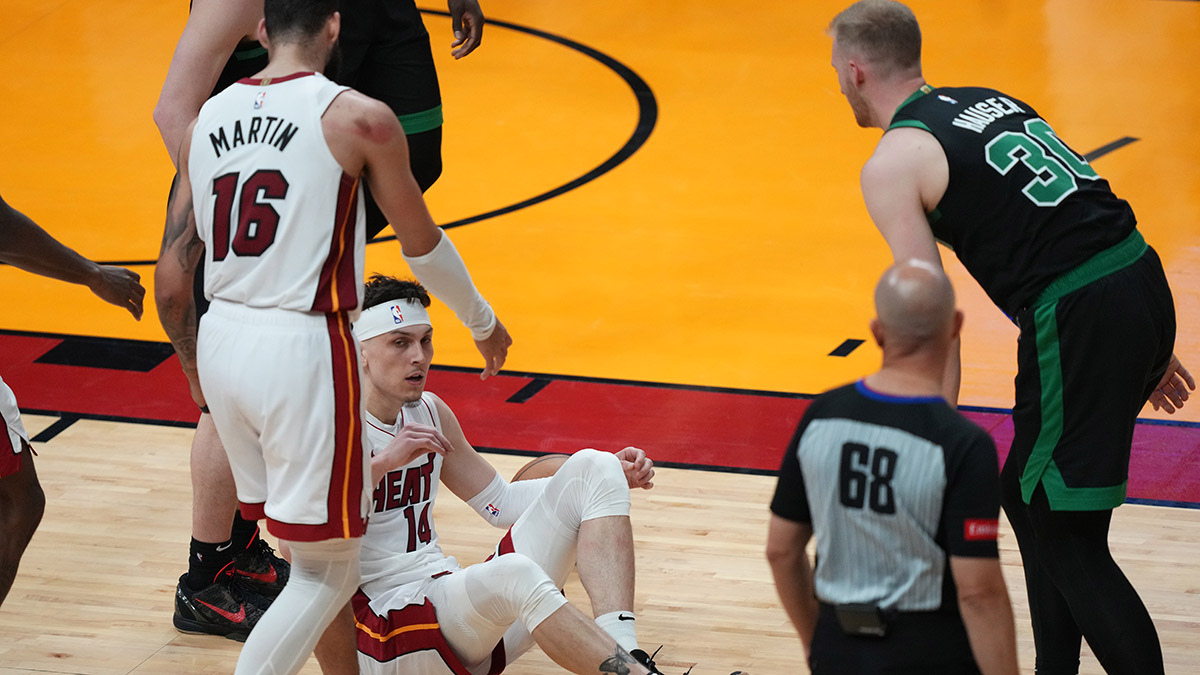BOSTON — Like most Indianapolis Colts fans, Gordon Hayward was caught off guard when he got the news that Colts quarterback Andrew Luck was retiring at 29 years of age.
“Pretty shocked like everybody (else),” said the 29-year-old Hayward, who on Wednesday was participating in an all-girls Jr. Celtics basketball camp as part of the “Her Time to Play” national initiative. “But at the same time, I definitely know where he’s coming from. I know how that whole situation feels.”
Hayward, an Indiana native, added, “He has to do what he thinks is best and what’s going to make him the happiest. As a Colts fan, I wish that he could have stayed. (Former New England Patriots quarterback) Jacoby (Brissett) is good too. I think it’s just … you expect especially around here, guys to play until their 42 or whatever Tom (Brady). That just doesn’t happen very often. He (Luck) did a lot of great things for the city.”
Luck’s decision to retire was based on a series of injuries that kept him in recovery mode more often than not, in recent years.
“It’s the hardest decision of my life,” Luck said in a press conference shortly after word spread that he was going to retire. “But it is the right decision for me. For the last four years or so, I’ve been in this cycle of injury-pain-rehab, injury-pain-rehab. And it has been unrelenting in season and off season. I felt stuck in it. The only way I see out is to no longer play football. It’s taken my joy of this game away and … I’ve been stuck in this process. I haven’t been able to live the life I want to live.”
Hayward doesn’t have anything close to as extensive a history with injuries as Luck, but just a couple years ago he suffered a major ankle injury that sidelined him for a full season.
Boston Celtics
During that period when Hayward’s return to the game was uncertain and he found himself in those darkest moments of despair and disappointment when the recovery process wasn’t going nearly as smooth or quickly as he would have liked, Hayward found himself having to do some deep-dive soul-searching.
“It sucks; you feel isolated,” Hayward said. “It feels like a job because you’re not getting to do the fun parts of it. And you always have those (thoughts), ‘What if I’m not the same player?’ You have to bottle that and just focus on the present … I understand exactly where (Luck is) coming from.”
Hayward added, “You have to lean on your support system.”
For Hayward that would be his wife Robyn and his children, two of whom were at the Jr. Celtics event with him on Wednesday.
“You can’t try and take that all, on by yourself,” he said.
Being a full two seasons removed from the severe ankle injury he suffered on opening night of the 2017-18 season has Hayward in the best shape he has been in since becoming a Boston Celtic.
He went through a rigorous summer of conditioning, doing so with no worries about his ankle or leg — both of which were concerns of his heading into last season, which was one of the main reasons why his play was so inconsistent.
It’s still too soon to tell how well Hayward will fare this season, but the one thing we do know is that Hayward is exactly where he needs to be in order to make a major impact — both physically and mentally.
LISTEN & SUBSCRIBE TO THE CELTICS TALK PODCAST:
Click here to download the new MyTeams App by NBC Sports! Receive comprehensive coverage of your teams and stream the Celtics easily on your device.


